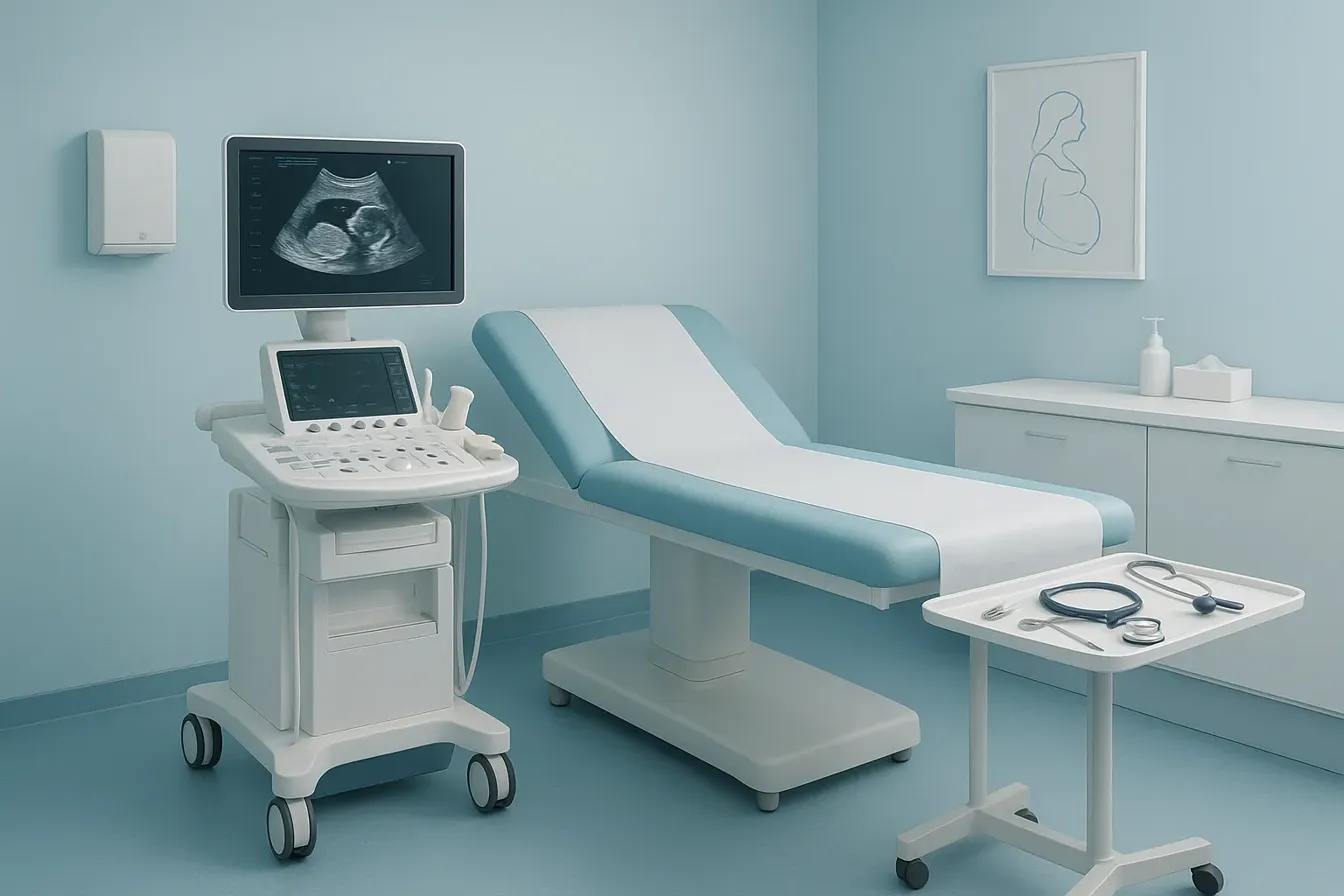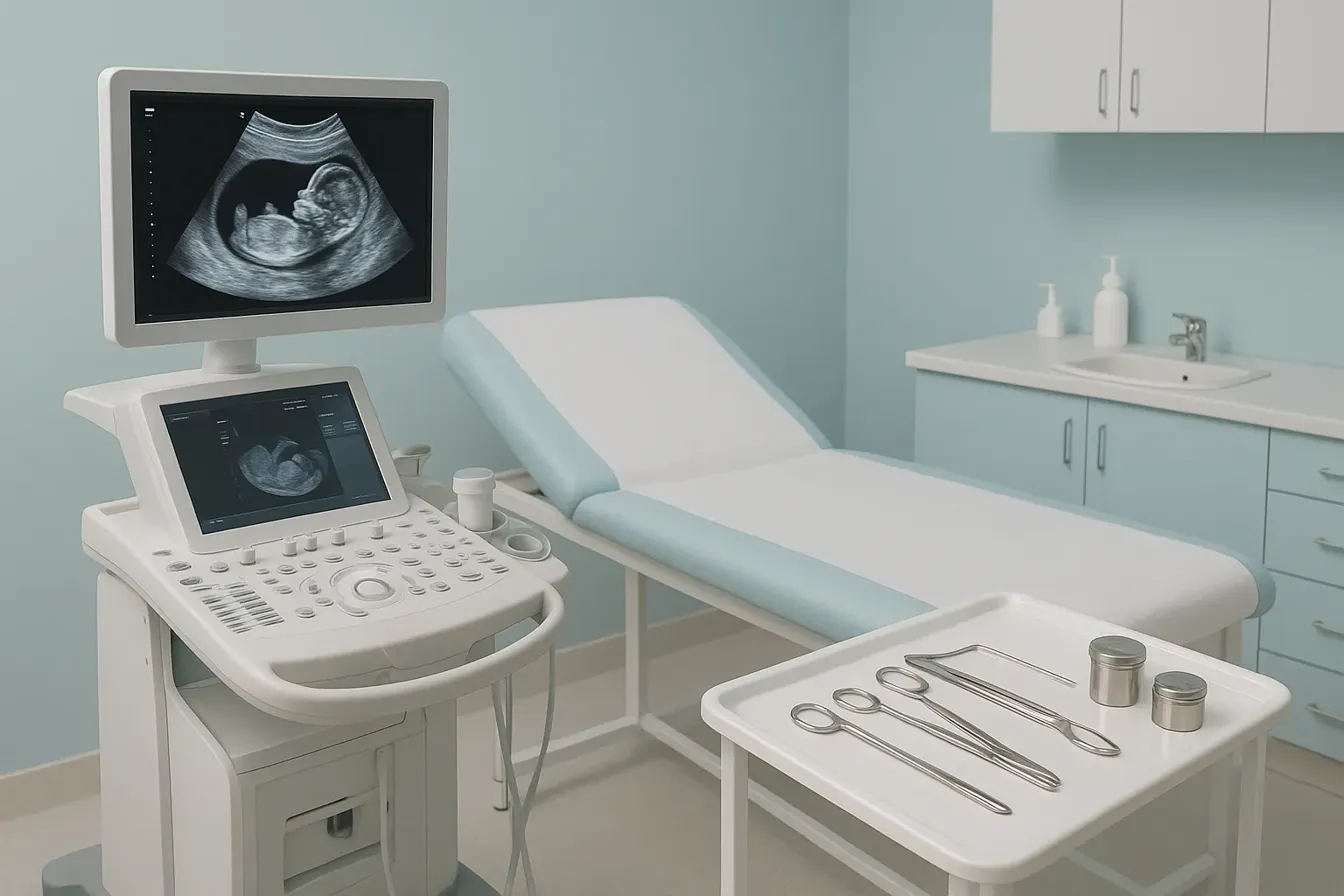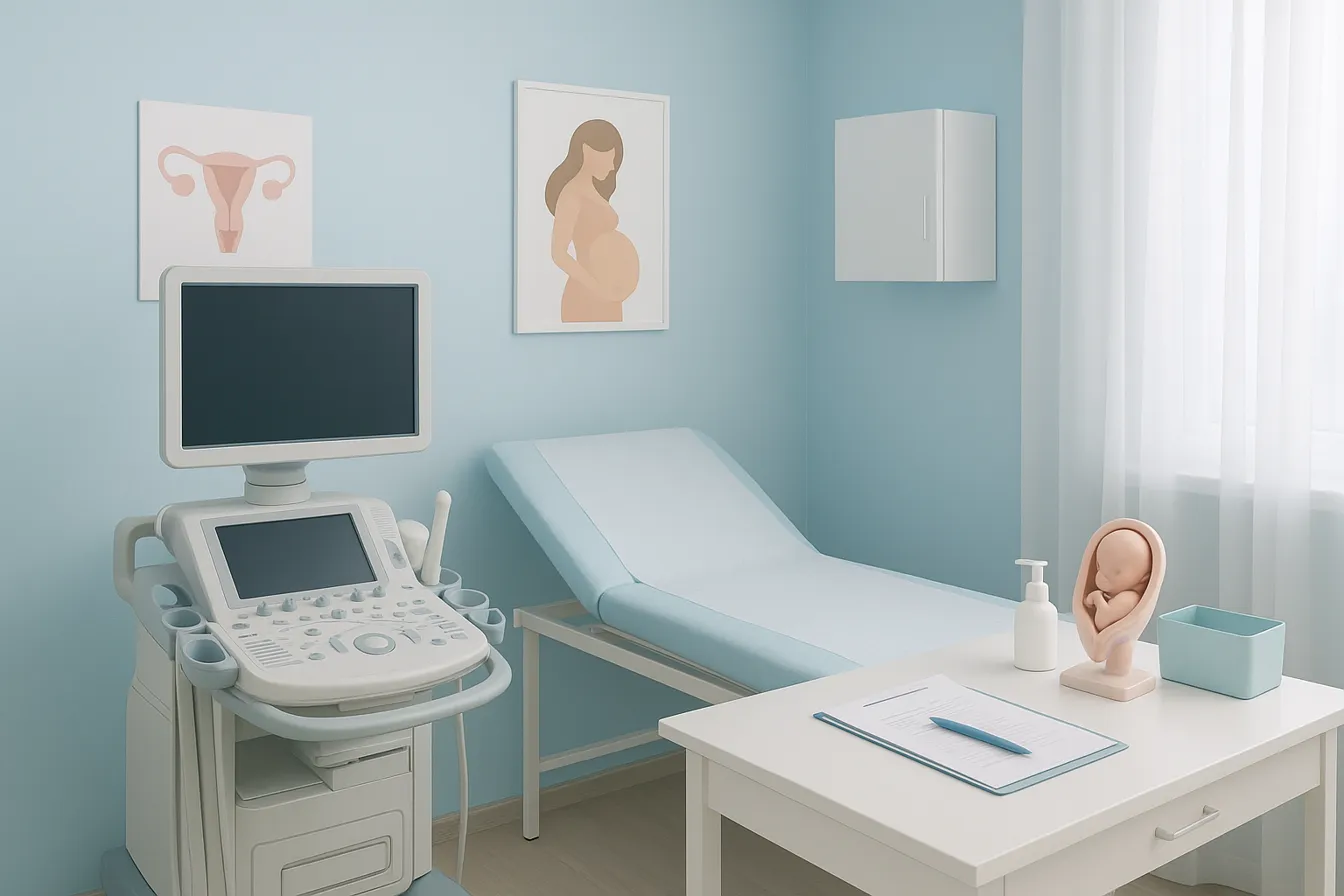Enhancing Pregnancy Outcomes Through Tailored and Respectful Prenatal Care

Polycystic ovary syndrome (PCOS) affects nearly five million American women during their childbearing years. For some, PCOS can cause complications that affect many areas of your life, including your physical appearance and your fertility.
At Raveco Medical, our team of experienced OB/GYNs has extensive experience diagnosing and treating PCOS and its side effects. We specialize in personalized treatment plans using lifestyle changes, medications, and other strategies to prevent ongoing PCOS complications.
The far-reaching effects of PCOS
PCOS can affect your health and quality of life in several ways. Three of the most noticeable issues PCOS can cause include:
Infertility
PCOS causes an increase in your levels of androgen hormones, a typically male hormone that females also have in smaller amounts.
High androgen levels can lead to irregular periods and prevent eggs from being released for fertilization, so conceiving a healthy pregnancy becomes more difficult.
Appearance
The increase in androgen hormones can also negatively affect your physical appearance. Women with PCOS may be more likely to develop chronic acne, thinning hair, and excess facial and body hair.
Health
PCOS can increase your risk for chronic medical conditions that affect your long-term health and quality of life, especially if you’re overweight or obese.
Conditions PCOS can contribute to include:
- Stroke
- Heart disease
- Sleep apnea
- Hypertension (high blood pressure)
Anxiety and depression
You may also be at a higher risk for diabetes and gestational diabetes if you have weight challenges and PCOS. This is because women with PCOS may develop insulin resistance, a condition that occurs when your cells stop responding to the insulin hormone your body makes to convert sugar from your diet into energy.
Keeping PCOS under control
To lower your risk for changes in your appearance and health complications like infertility, our Raveco Medical team provides customized care plans. We create treatment strategies that meet your individual needs to restore your health, appearance, and fertility.
For many women, lifestyle changes are an essential part of managing PCOS. We can recommend exercises and diet changes you should incorporate into your daily routine to keep your weight healthy and protect your quality of life. Lifestyle and diet changes can support your fertility.
Our physicians can also determine if you’re a candidate for surgery to restore ovulation. We offer ovarian drilling procedures that involve creating tiny openings in your ovaries, so eggs can travel to sperm for fertilization.
Your treatment plan may also include hormonal birth control pills, patches, or vaginal rings to rebalance your hormone levels. Balanced hormones can reduce the severity of acne and regulate your periods. If you experience insulin resistance or hair loss, our providers can prescribe additional medications.
Call the Raveco Medical office in Forest Hills or Woodside, New York, to schedule a PCOS consultation or book an appointment online today.





.png)